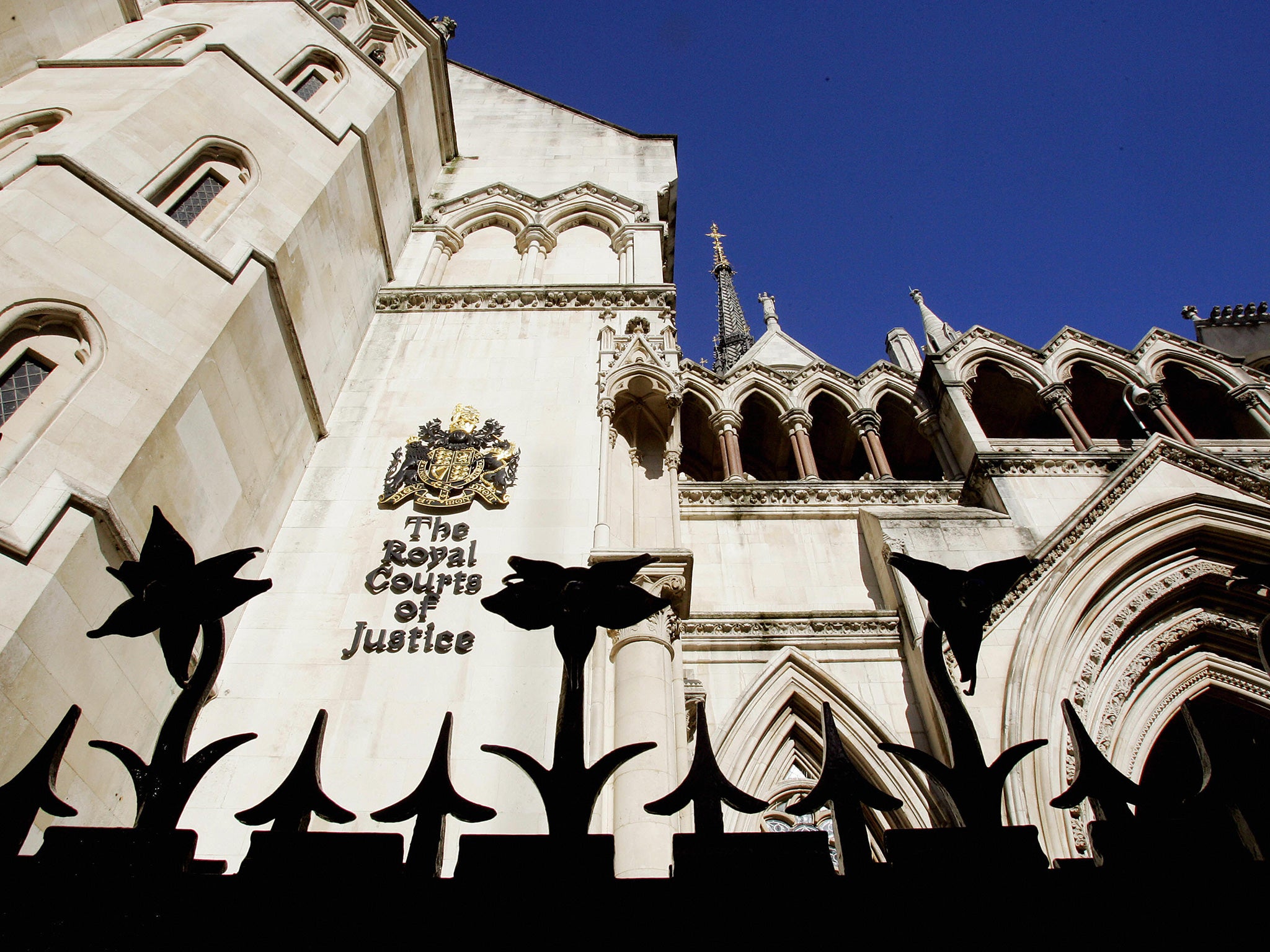Court of Protection: One of UK's most secretive courts to trial new open-door policy for public and media
'It’s right the public and the media should be able to see justice being done in this important court'

One of Britain’s most secretive courts is to trial a new open-door policy for the public and the media.
Greater access is to be given to the Court of Protection, a specialist court – which makes decisions on the issues affecting sick or vulnerable people – under a new pilot scheme.
Most Court of Protection cases are held in private, with only rare exceptions, such as serious medical cases, given publicity. The hearings could previously only be attended by those directly involved.
The Independent has been campaigning for media access to the court since 2009 and has since succeeded in attending numerous hearings.
Under the new trial scheme starting in January, journalists and the public will gain greater access to court hearings.
The court was created in 2007 under the Mental Capacity Act and has sweeping powers to decide the fate of adults who are judged not to have the mental capacity to make their own decisions. Unlike almost any other court, it is not required to allow the press or members of the public in, to protect those involved. Critics claim the lack of transparency might result in injustice.
Notable reported Court of Protection cases include that of Wanda Maddocks, who was secretly jailed for five months after attempting to remove her elderly father from a care home, where the court had ruled he must stay. The pilot will provide evidence for the courts to assess whether the Court should generally hold hearings in private or in public, or grant access to the media but not the public.
Sir James Munby, the court’s President, said: “For the last six years accredited media have been able to attend Family Court cases and have been better informed as a result.
“It is logical to look at extending this greater transparency to the Court of Protection, provided the right balance can be struck to safeguard the privacy of people who lack capacity to make their own decisions.”
Vice President of the Court Mr Justice William Charles said: “I support a move towards more public hearings to promote a wider understanding of the work and approach of the Court of Protection and the improvement of the Court’s performance and those who appear in it.”
Santha Rasaiah for the News Media Association, said: “We welcome this very significant open justice initiative, following up earlier discussions on opening up on family courts and the court of protection.”
Justice Minister Caroline Dinenage welcomed the move saying: “It’s right the public and the media should be able to see justice being done in this important court, while protecting the privacy of the people involved.”
The pilot is expected to run throughout England and Wales from next January for at least six months.
